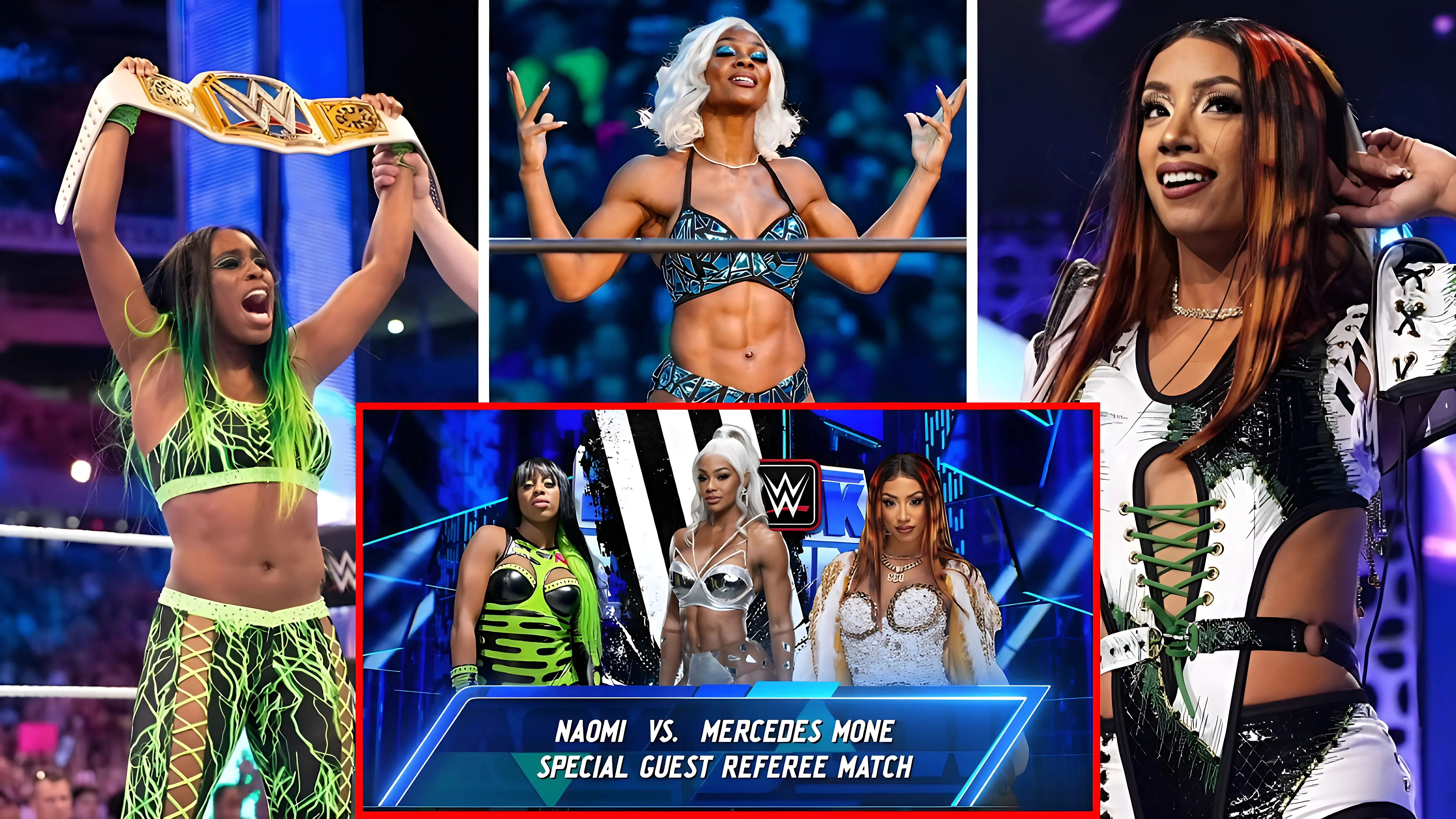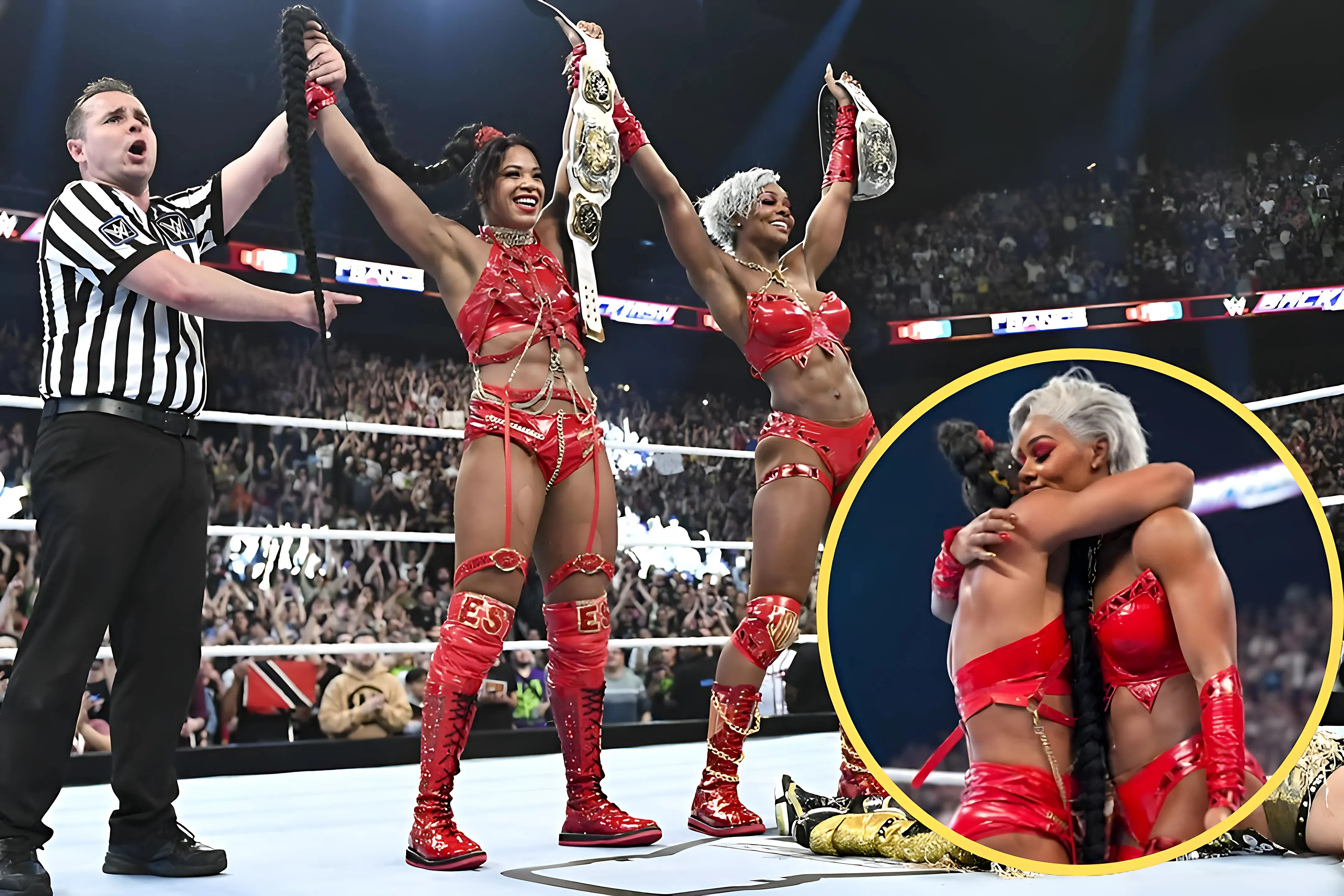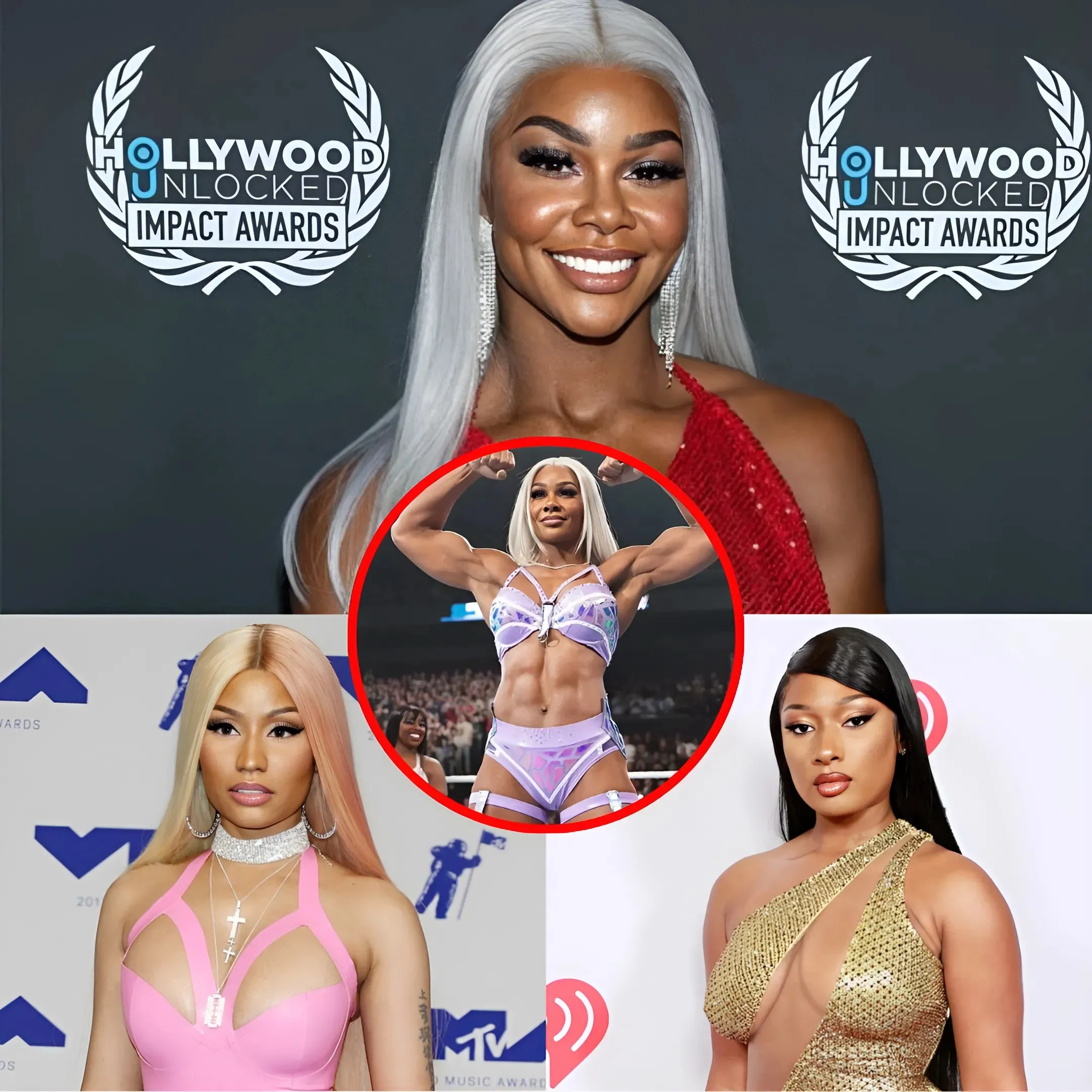The relationship between Lil Wayne and Birdman started as a close, almost father-son bond. Birdman often referred to Wayne as his son, and Wayne looked up to him as a father figure. This dynamic played a significant role in both their personal and professional lives. However, the relationship began to sour around 2014 due to disputes over financial management and the release of Lil Wayne’s highly anticipated album, "Tha Carter V".
Wayne publicly expressed his frustration with Cash Money Records for delaying the release of the album. In December 2014, he tweeted his displeasure and openly expressed his desire to leave the label. The situation escalated in January 2015 when Lil Wayne filed a lawsuit against Birdman and Cash Money Records for $51 million. He claimed that the label withheld money owed to him from his album's advance and violated the terms of their contract.
The lawsuit detailed significant issues including the mismanagement of finances and failure to pay royalties not only to Wayne but also to artists signed under his Young Money Entertainment imprint, which was a subsidiary of Cash Money. Young Money Entertainment had been home to successful artists like Drake and Nicki Minaj, making the stakes of the lawsuit even higher.
The legal battle continued for several years, highlighting the complexities of contractual obligations in the music industry and the often-personal nature of artist-label relationships. Throughout this period, the feud caused a rift in the rap community, drawing lines between artists associated with either Lil Wayne or Birdman.
The dispute finally reached a resolution in June 2018, when Lil Wayne reportedly received a settlement from Universal Music Group, the parent company of Cash Money. The terms were undisclosed, but it was suggested that the settlement was favorable to Wayne, allowing him to finally release "Tha Carter V" in September 2018.
The feud between Lil Wayne and Birdman serves as a poignant reminder of the challenges artists can face in the music industry, particularly involving issues of trust, financial management, and artistic freedom. Despite their reconciliation in public appearances following the settlement, the feud undeniably marked a significant chapter in both their careers and shifted the dynamics within hip-hop music production and artist management.



